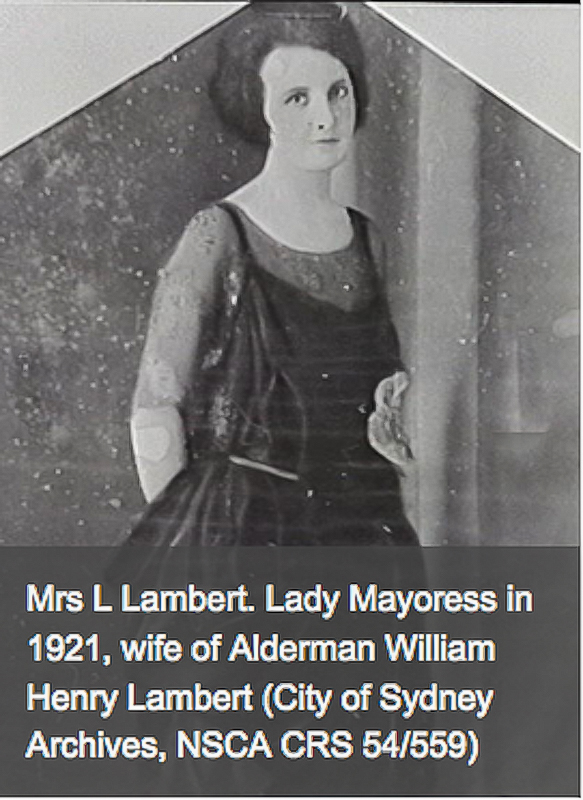Representatives > William Henry Lambert
William Henry Lambert
William Henry Lambert (1881-1928), politician and union leader, was born in 1881 near Orange, son of an Irish-born stonemason and his native-born wife. He attended primary school and worked as a shearer. In 1909 he became an organizer for the Australian Workers Union (AWU), and in 1915 secretary of its central branch, a post he held until 1921.
Lambert became active in the anti-conscription movement. This brought him to prominence in the Labor Party and he served as State President from 1917 to 1921; the party then was described by J.D. Lang as an ‘AWU dictatorship’ with control shared by Lambert and Jack Bailey. In December 1918 Lambert was elected to Sydney Municipal Council for Denison Ward and was Lord Mayor in 1921. Lambert ruled Council in line with Labor policy.
Lambert won a House of Representatives by-election for the safe Labor seat of West Sydney in September 1921. In parliament he had remarkably little to say. In the early 1920s he was accused of staging ‘crook ballots’ for the AWU’s central branch elections, and was allegedly involved with Bailey in a scheme to misappropriate funds and to inflate membership of the branch to obtain extra delegates at the 1921 party conference. The AWU convention found that the charges could not be sustained; nor was Lambert implicated when Bailey was expelled from the party in 1923, but with Lang now leader of the State Labor Party his political fortunes waned.
Furious at losing pre-selection for the seat of West Sydney in 1928, Lambert told the Daily Telegraph Pictorial that in 1925 he had been offered £8000 if he would resign his seat in favour of E.G. Theodore. The same allegation had been published in the Evening News in December 1925, but Lambert had specifically denied it. His 1928 revelations led the Bruce–Page government to appoint a royal commissioner, who discounted Lambert’s accusations, because of his denial in 1925, but found that another member, W.G. Mahoney, had been compensated for resigning in Theodore’s favour.
It was a last-ditch stand by Lambert against a Labor Party in which he and the AWU now had little influence. He died in September 1928. A quiet and shy man, who had no children, he had remained a ‘sterling laborite’.

